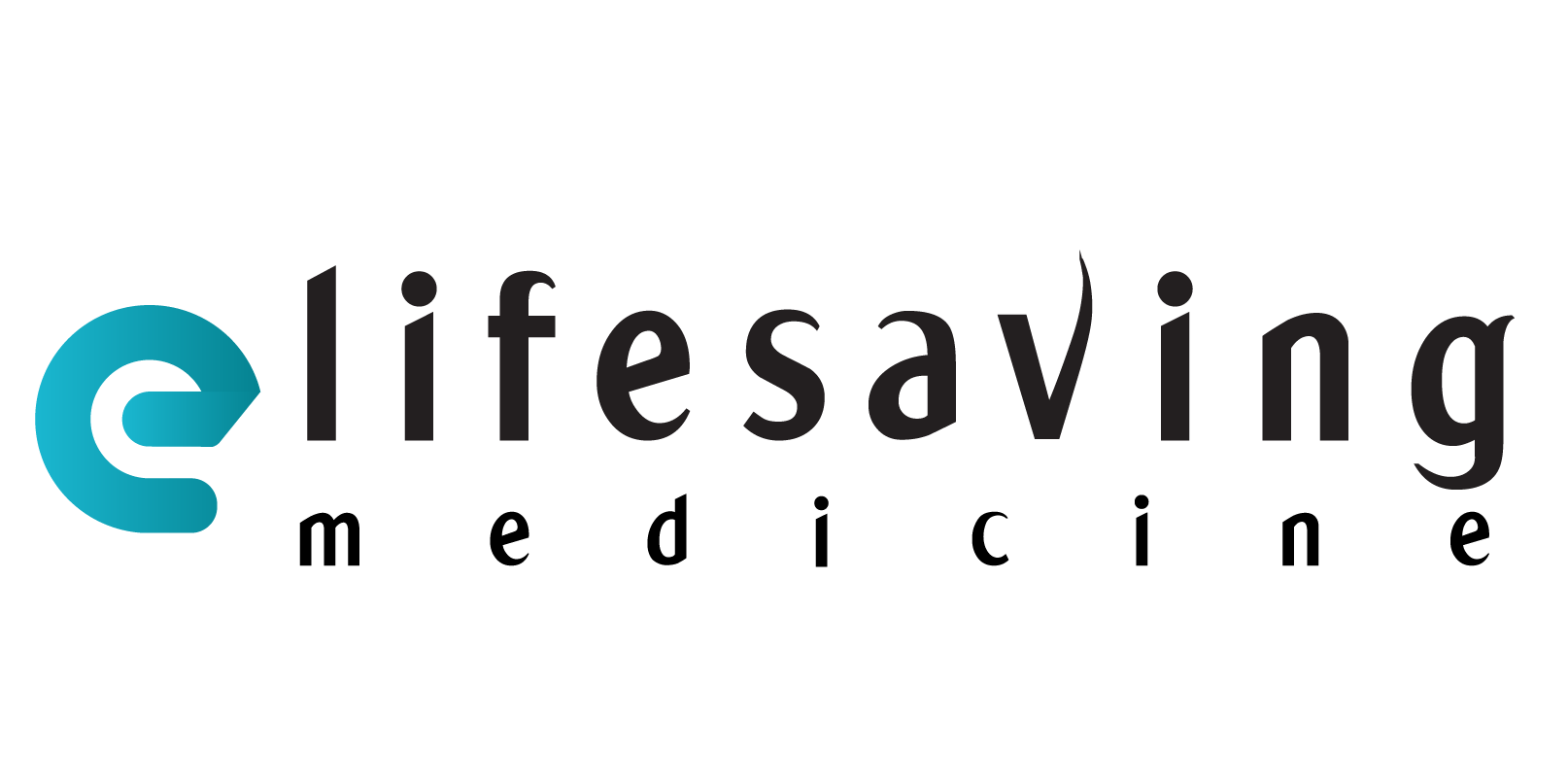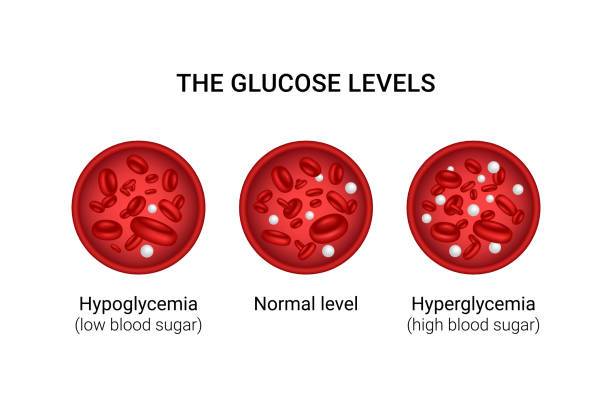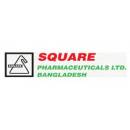Hypoglycemia is a condition in which your blood sugar (glucose) level is lower than normal. Glucose is your body’s main energy source.
Hypoglycemia is often related to diabetes treatment. But other drugs and a variety of conditions — many rare — can cause low blood sugar in people who don’t have diabetes
Hypoglycemia needs immediate treatment when blood sugar levels are low. For many people, a fasting blood sugar of 70 milligrams per deciliter (mg/dL), or 3.9 millimoles per liter (mmol/L), or below should serve as an alert for hypoglycemia. But your numbers might be different. Ask your doctor.
Treatment involves quickly getting your blood sugar back to normal either with high-sugar foods or drinks or with medications. Long-term treatment requires identifying and treating the cause of hypoglycemia.
Causes
Hypoglycemia occurs when your blood sugar (glucose) level falls too low. There are several reasons why this can happen; the most common is a side effect of drugs used to treat diabetes.
Blood sugar regulation
When you eat, your body breaks down carbohydrates from foods — such as bread, rice, pasta, vegetables, fruit and milk products — into various sugar molecules, including glucose.
Glucose, the main energy source for your body, enters the cells of most of your tissues with the help of insulin — a hormone secreted by your pancreas. Insulin enables the glucose to enter the cells and provide the fuel your cells need. Extra glucose is stored in your liver and muscles in the form of glycogen.
If you haven’t eaten for several hours and your blood sugar level drops, another hormone from your pancreas signals your liver to break down the stored glycogen and release glucose into your bloodstream. This keeps your blood sugar within a normal range until you eat again.
Your body also has the ability to make glucose. This process occurs mainly in your liver, but also in your kidneys.
Possible causes, with diabetes
If you have diabetes, you might not make enough insulin (type 1 diabetes) or you might be less responsive to it (type 2 diabetes). As a result, glucose tends to build up in the bloodstream and can reach dangerously high levels. To correct this problem, you might take insulin or other drugs to lower blood sugar levels.
But too much insulin or other diabetes medications may cause your blood sugar level to drop too low, causing hypoglycemia. Hypoglycemia can also occur if you eat less than usual after taking diabetes medication, or if you exercise more than you normally do.
Possible causes, without diabetes
Hypoglycemia in people without diabetes is much less common. Causes can include the following:
Medications. Taking someone else’s oral diabetes medication accidentally is a possible cause of hypoglycemia. Other medications can cause hypoglycemia, especially in children or in people with kidney failure. One example is quinine (Qualaquin), used to treat malaria.
Excessive alcohol drinking. Drinking heavily without eating can block your liver from releasing stored glucose into your bloodstream, causing hypoglycemia.
Some critical illnesses. Severe liver illnesses such as severe hepatitis or cirrhosis can cause hypoglycemia. Kidney disorders, which can keep your body from properly excreting medications, can affect glucose levels due to a buildup of those medications.
Long-term starvation, as can occur in the eating disorder anorexia nervosa, can result in too little of substances your body needs to create glucose.
Insulin overproduction. A rare tumor of the pancreas (insulinoma) can cause you to produce too much insulin, resulting in hypoglycemia. Other tumors also can result in too much production of insulin-like substances. Enlargement of cells of the pancreas that produce insulin can result in excessive insulin release, causing hypoglycemia.
Hormone deficiencies. Certain adrenal gland and pituitary tumor disorders can result in a deficiency of key hormones that regulate glucose production. Children can have hypoglycemia if they have too little growth hormone.
Hypoglycemia after meals
Hypoglycemia usually occurs when you haven’t eaten, but not always. Sometimes hypoglycemia symptoms occur after certain meals high in sugar because your body produces more insulin than you need.
This type of hypoglycemia, called reactive hypoglycemia or postprandial hypoglycemia, can occur in people who have had stomach bypass surgery. It can also occur in people who haven’t had this surgery.
Symptoms
If blood sugar levels become too low, signs and symptoms can include:
An irregular or fast heartbeat
Fatigue
Pale skin
Shakiness
Anxiety
Sweating
Hunger
Irritability
Tingling or numbness of the lips, tongue or cheek
As hypoglycemia worsens, signs and symptoms can include:
Confusion, abnormal behavior or both, such as the inability to complete routine tasks
Visual disturbances, such as blurred vision
Seizures
Loss of consciousness.
The list of some Hypoglycemia medicine:















